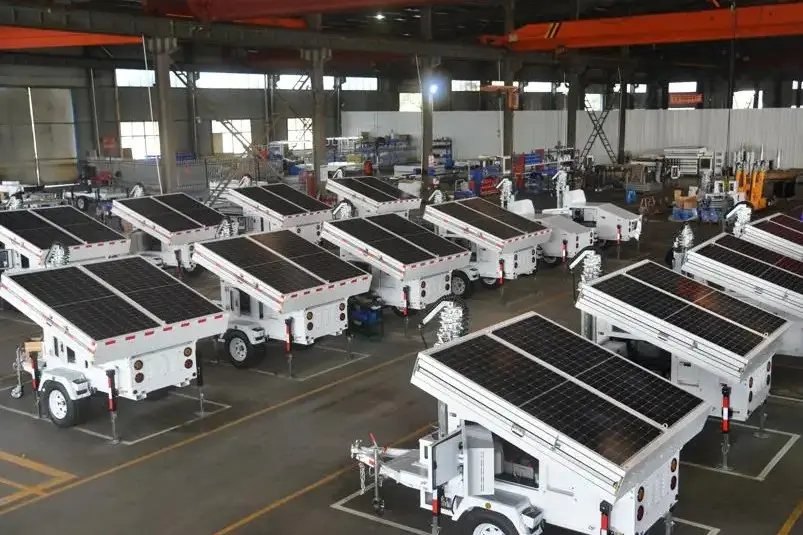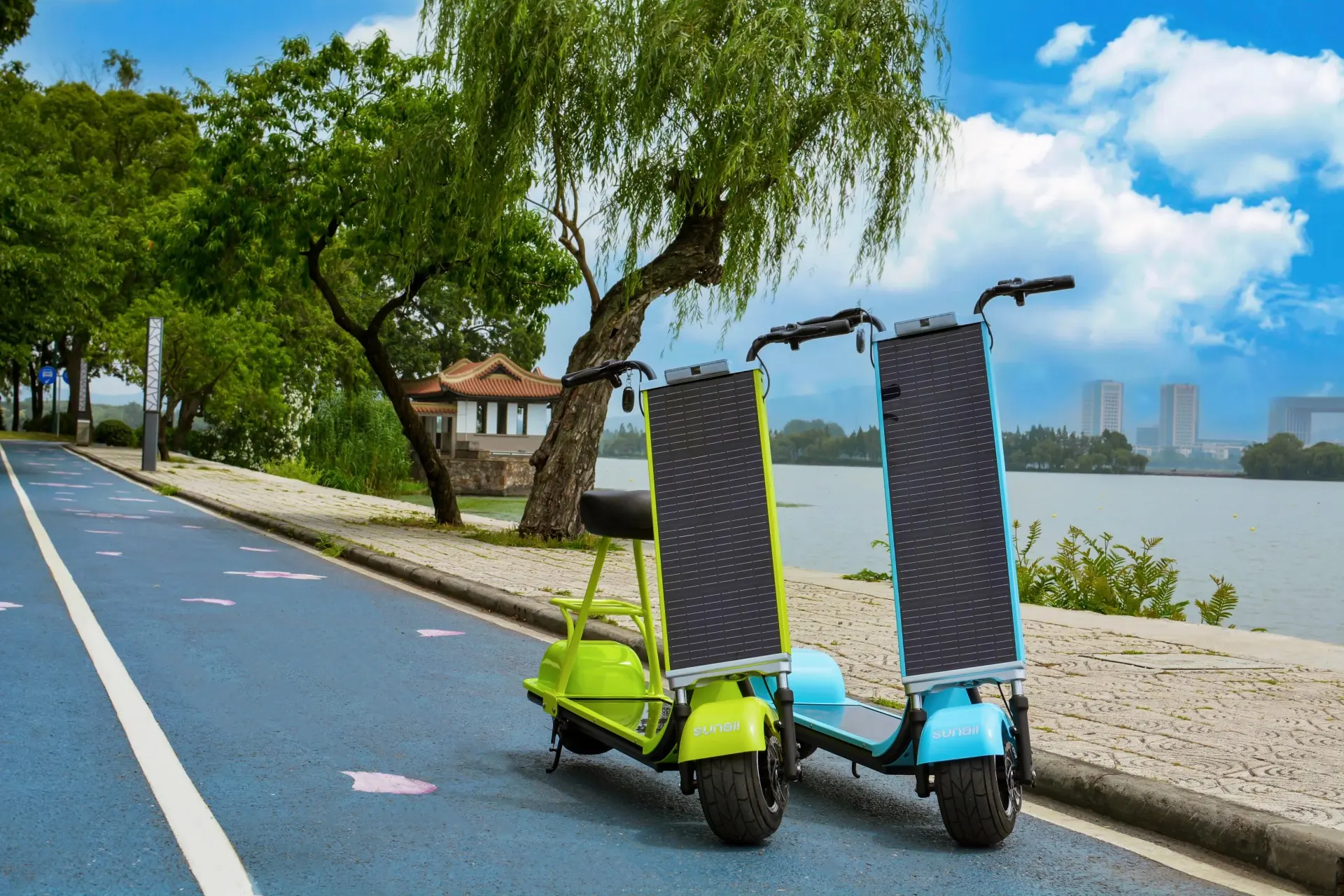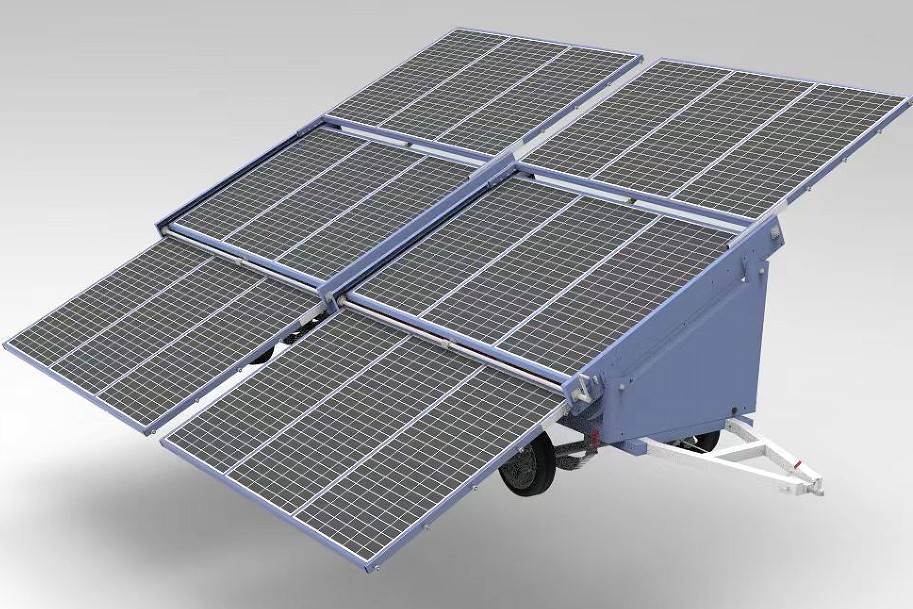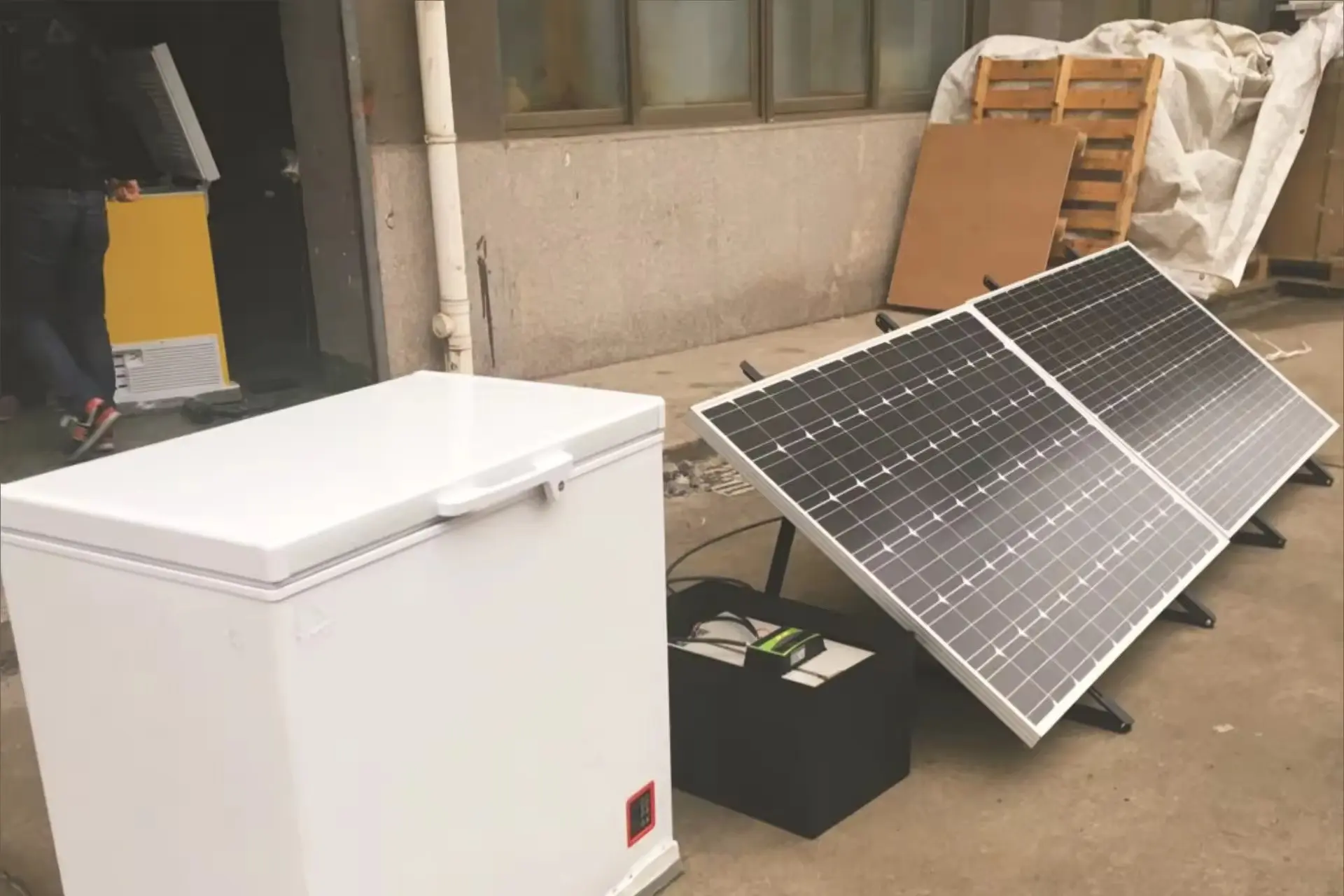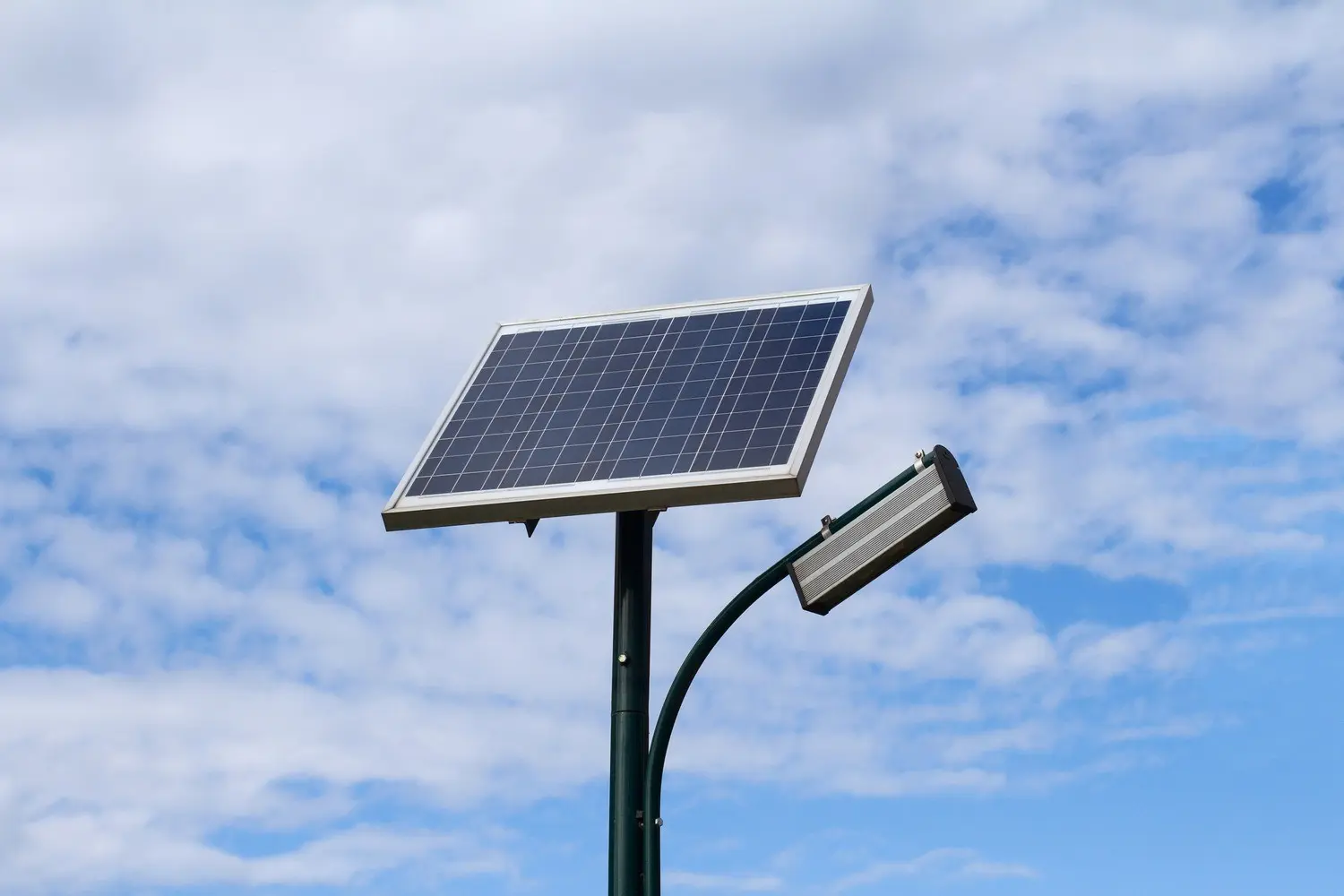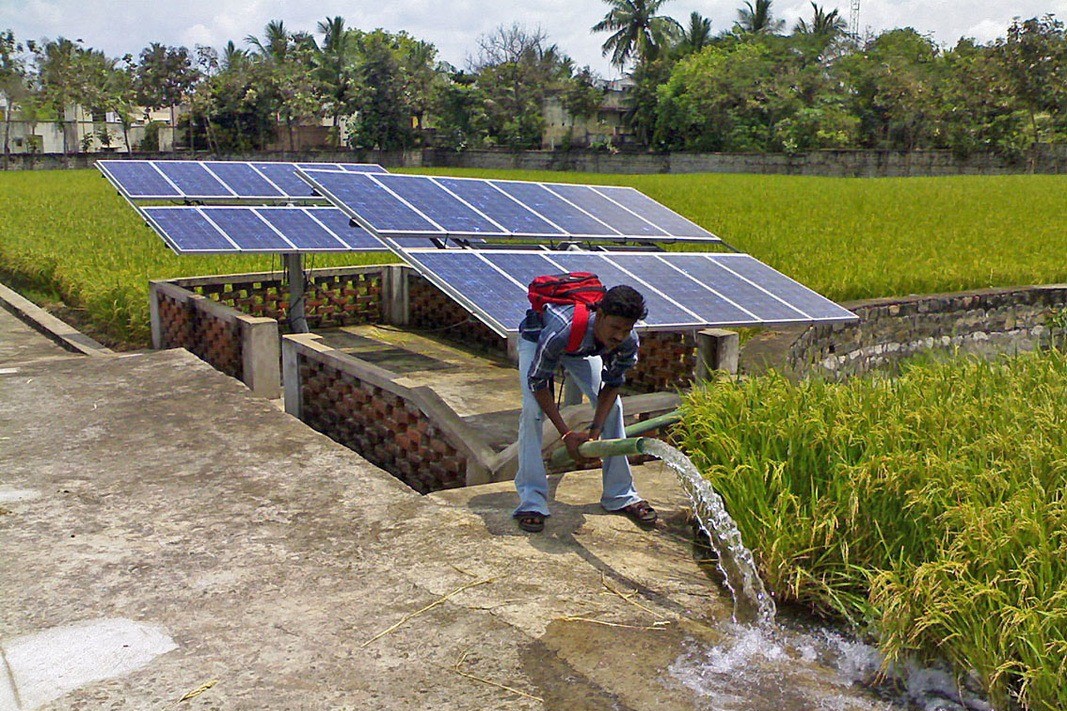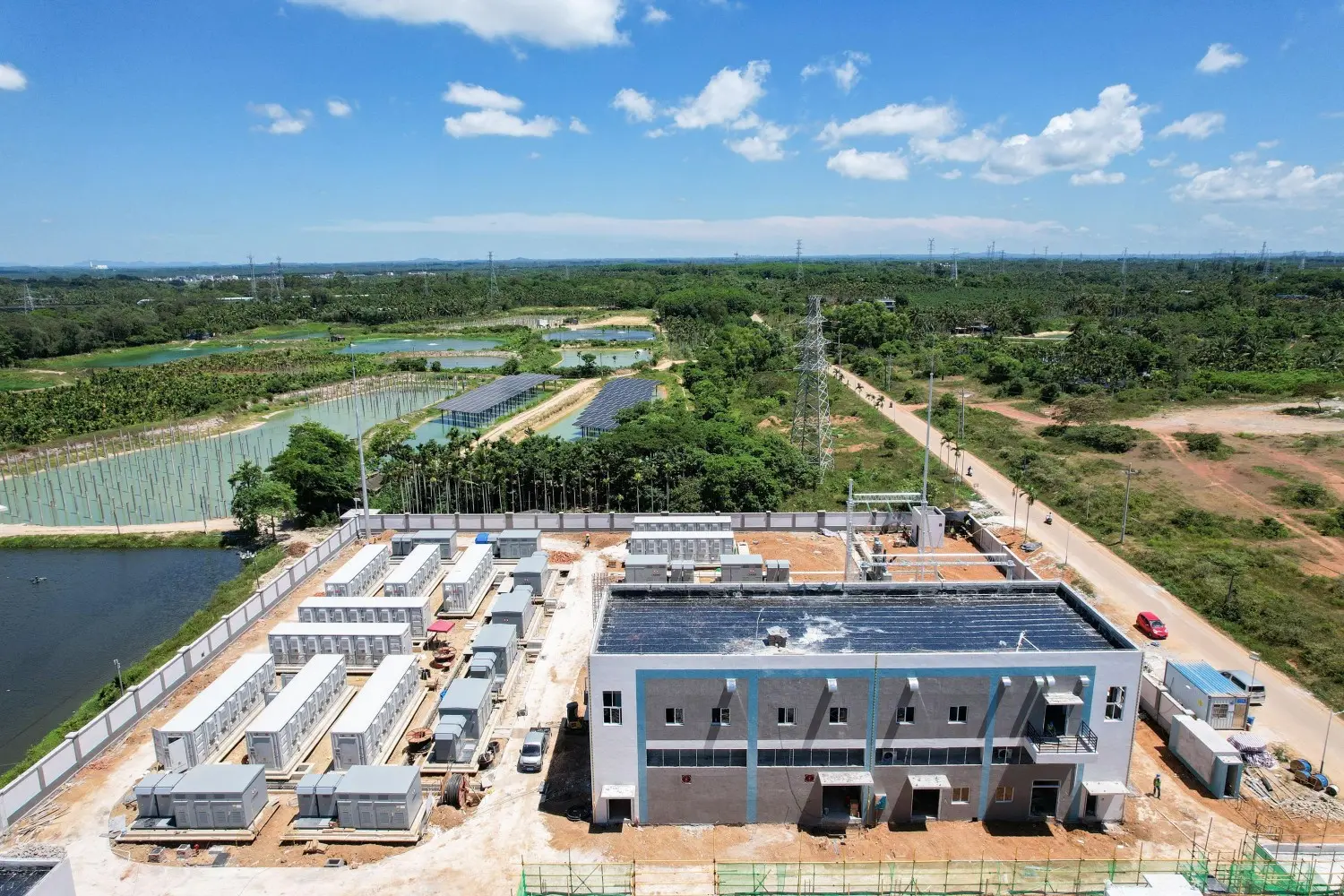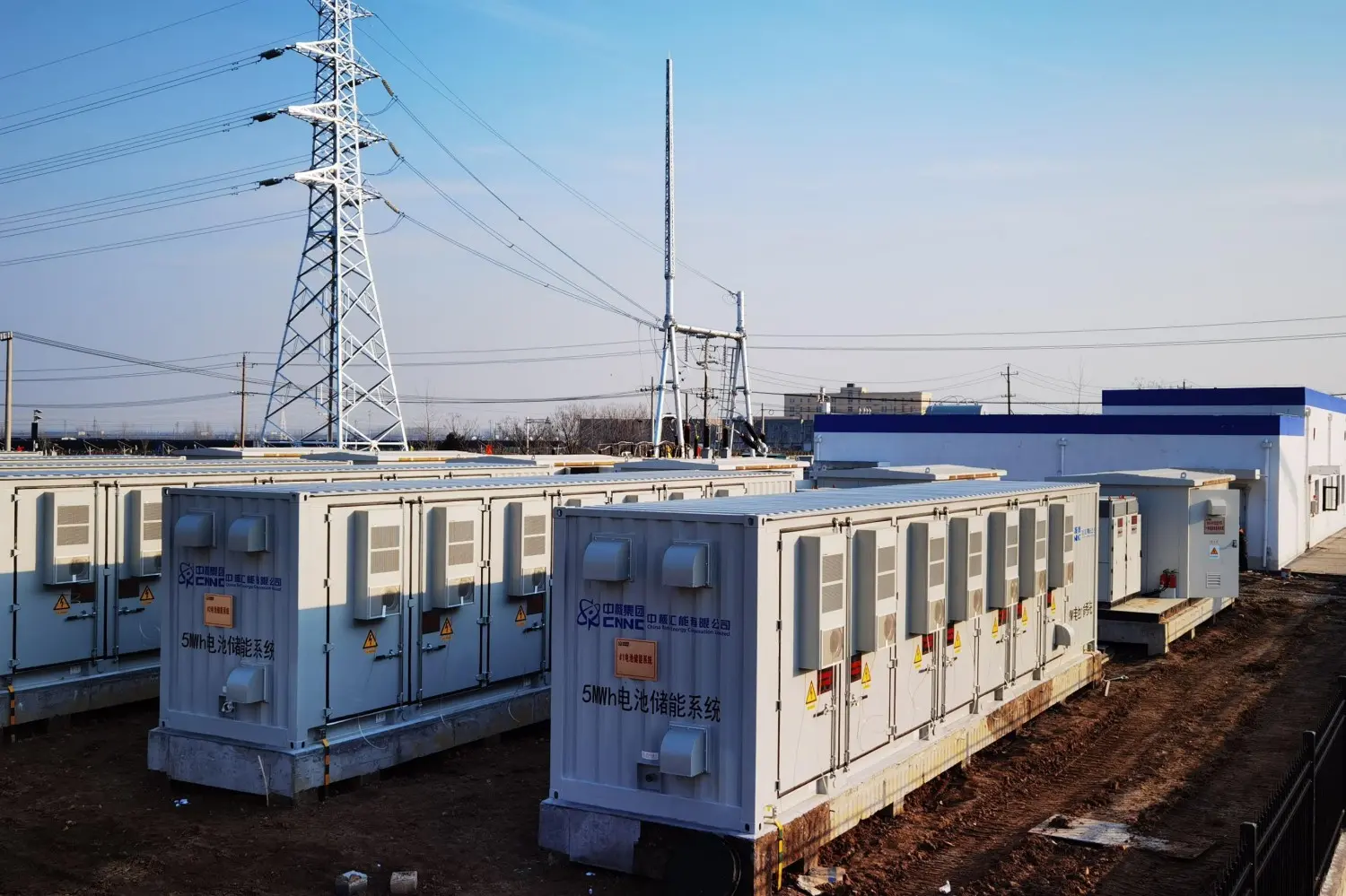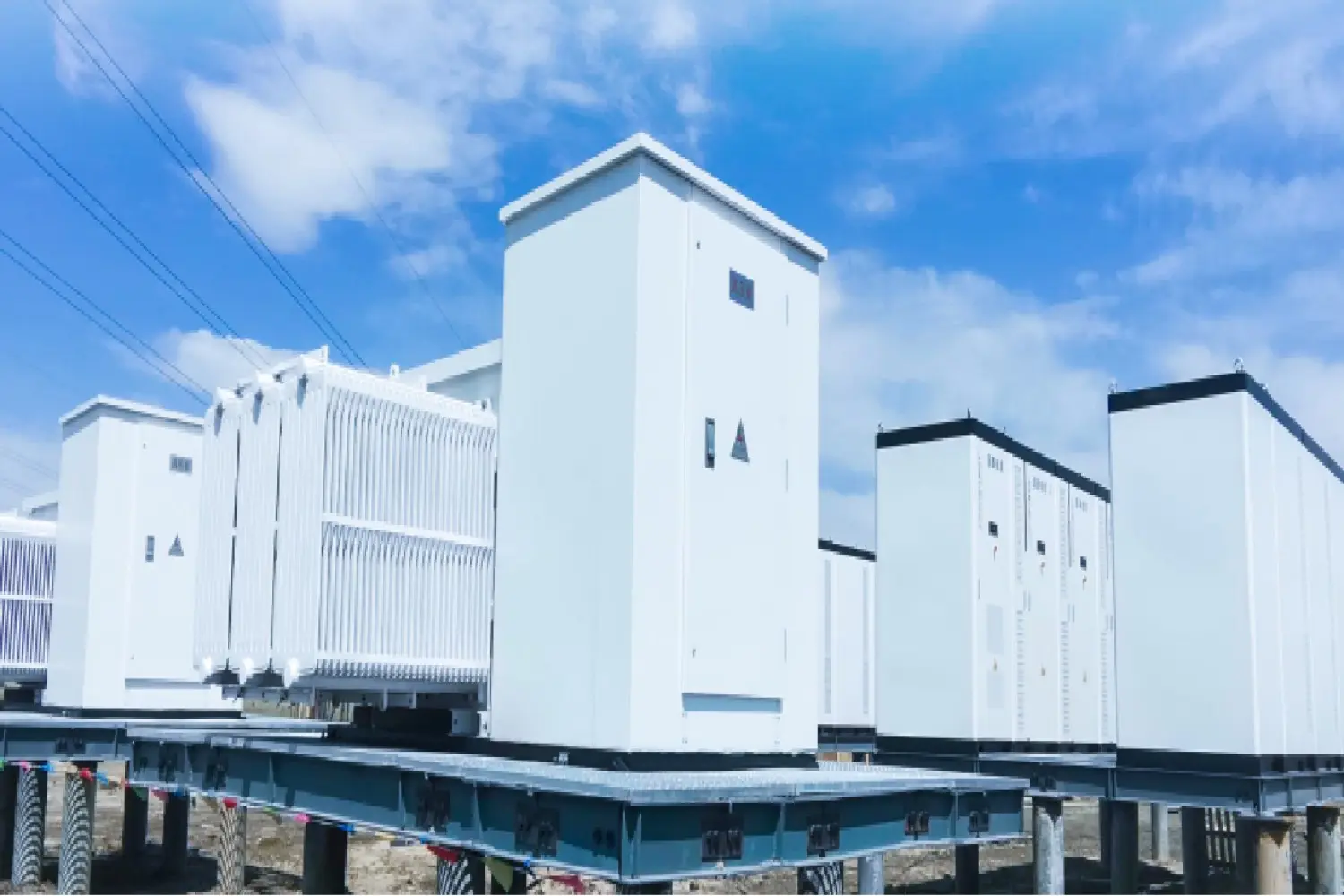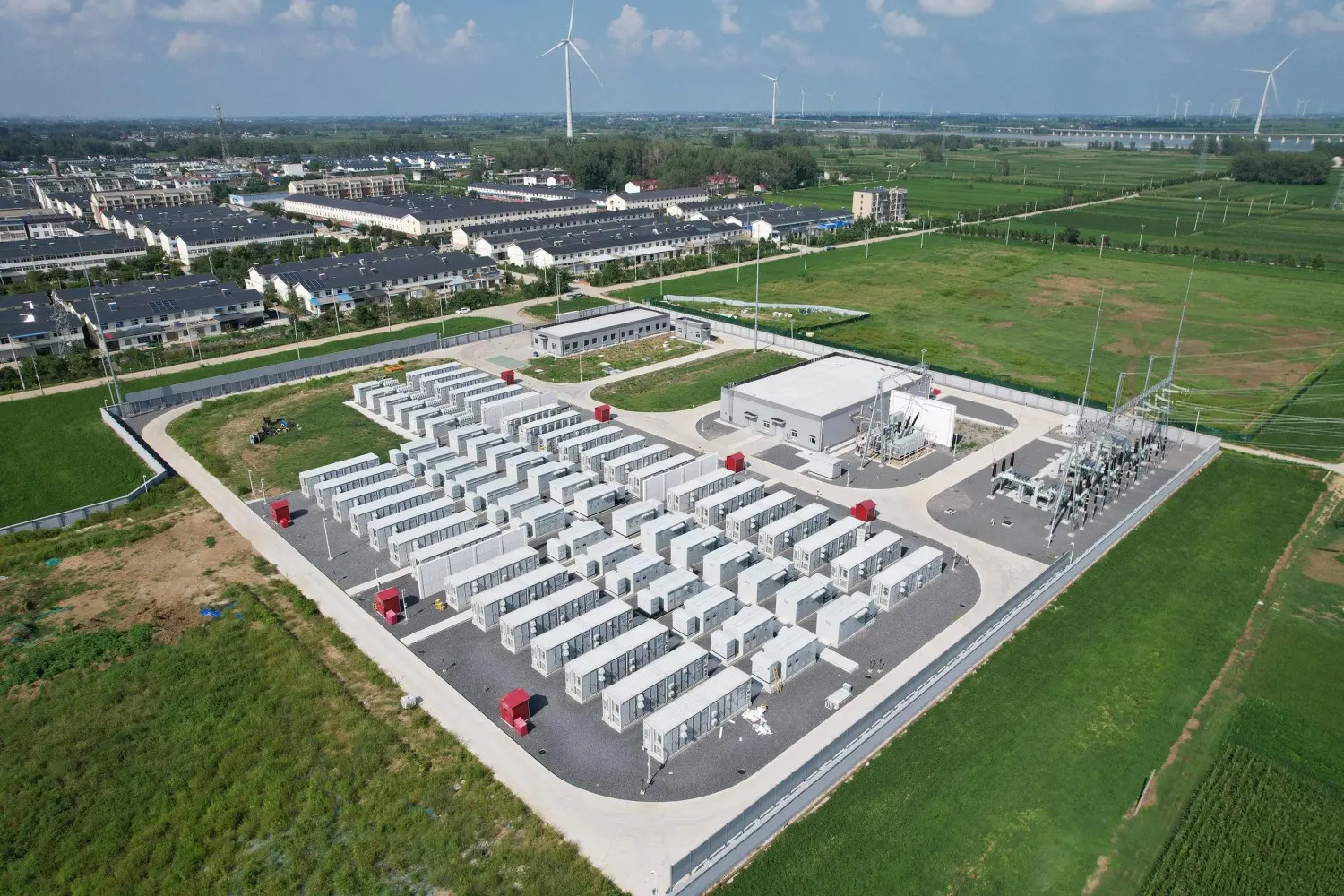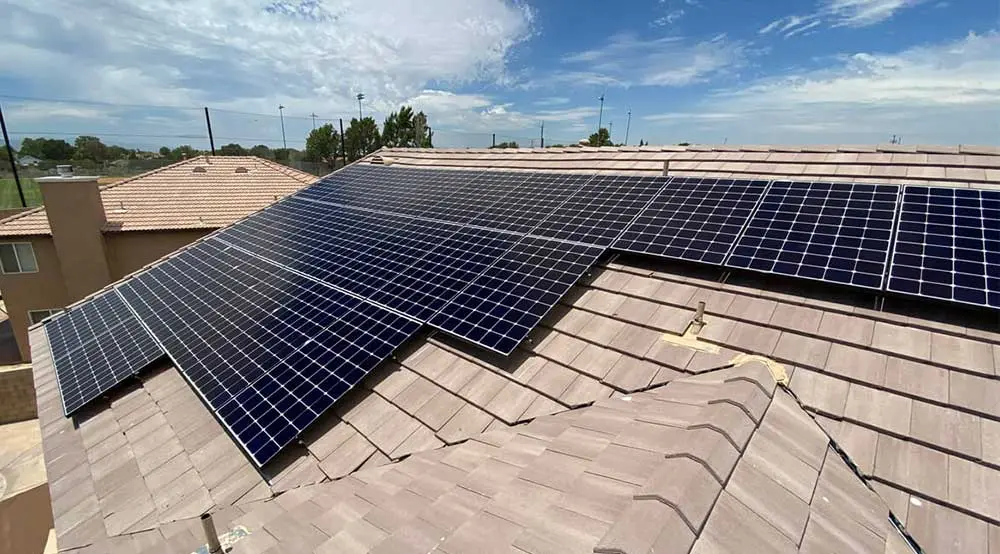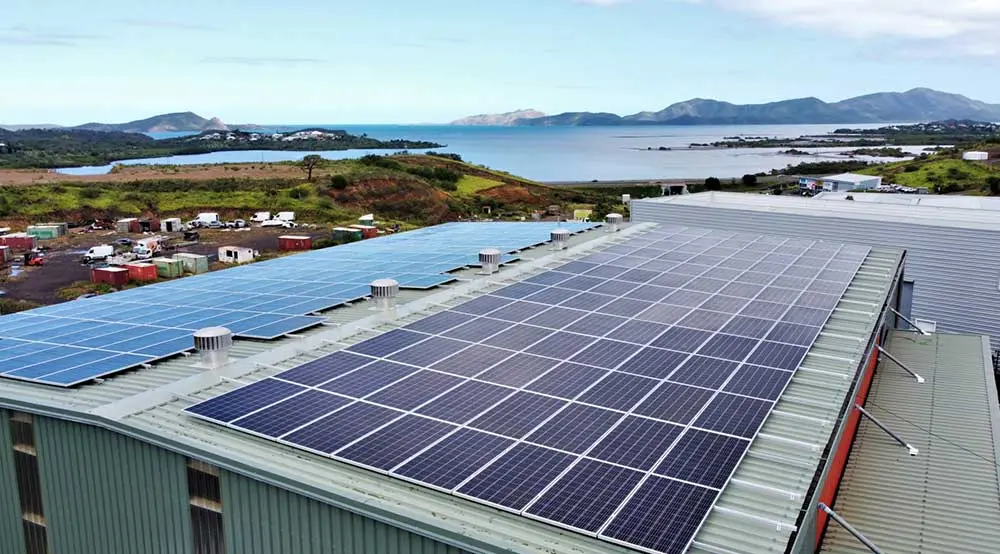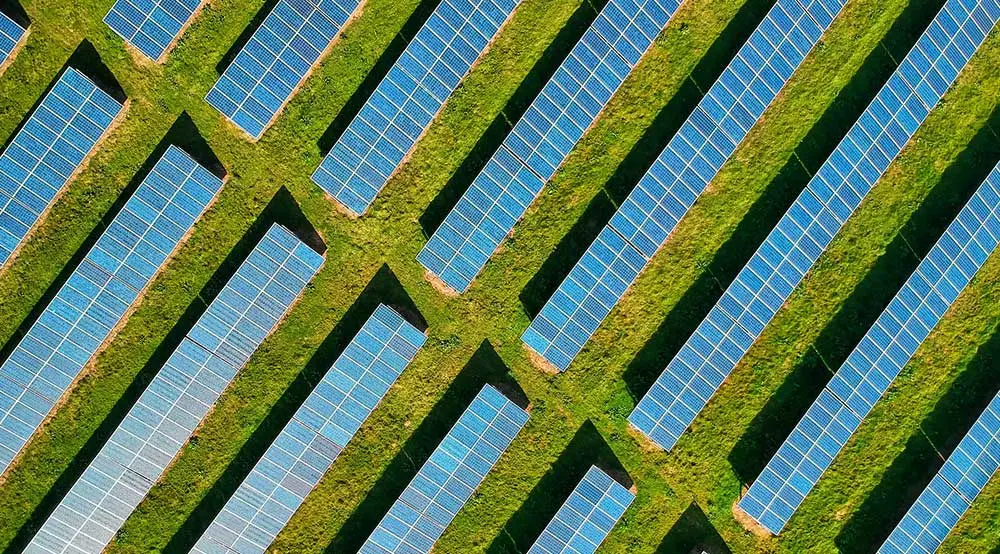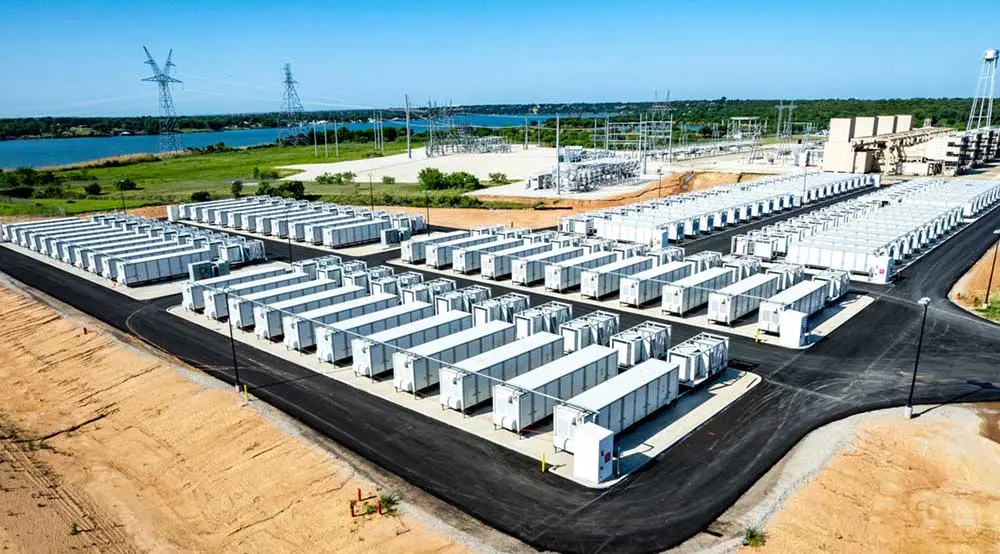Three Types of Residential Solar Power Systems
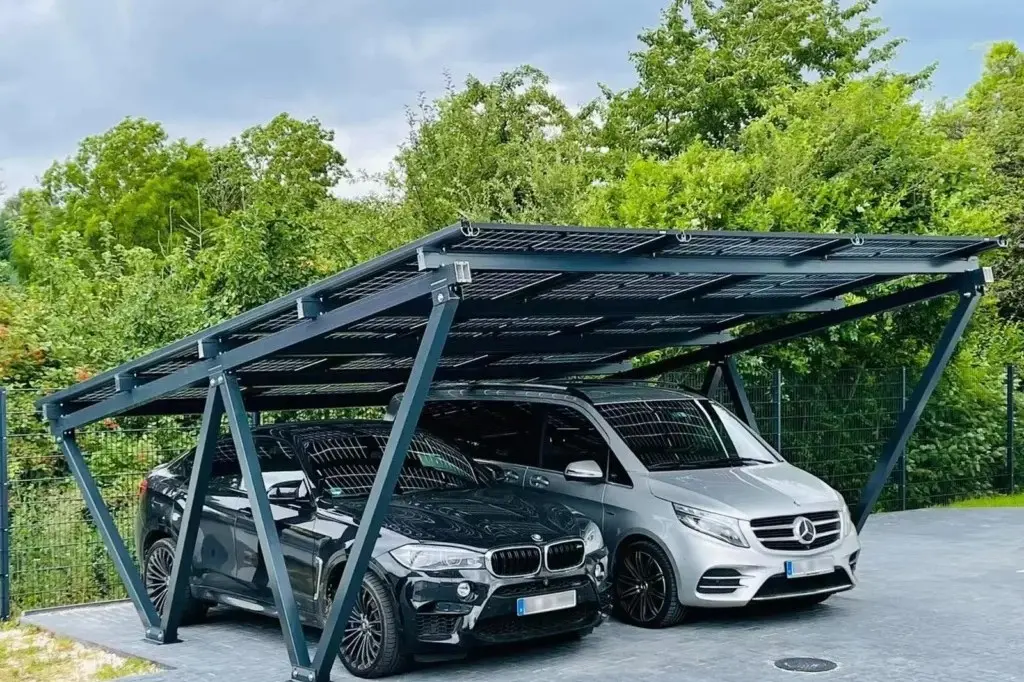
20KW Solar Carport for Home Use
Client: David, a homeowner in Australia
Client’s Needs: A dual-purpose solution for car charging and household energy.
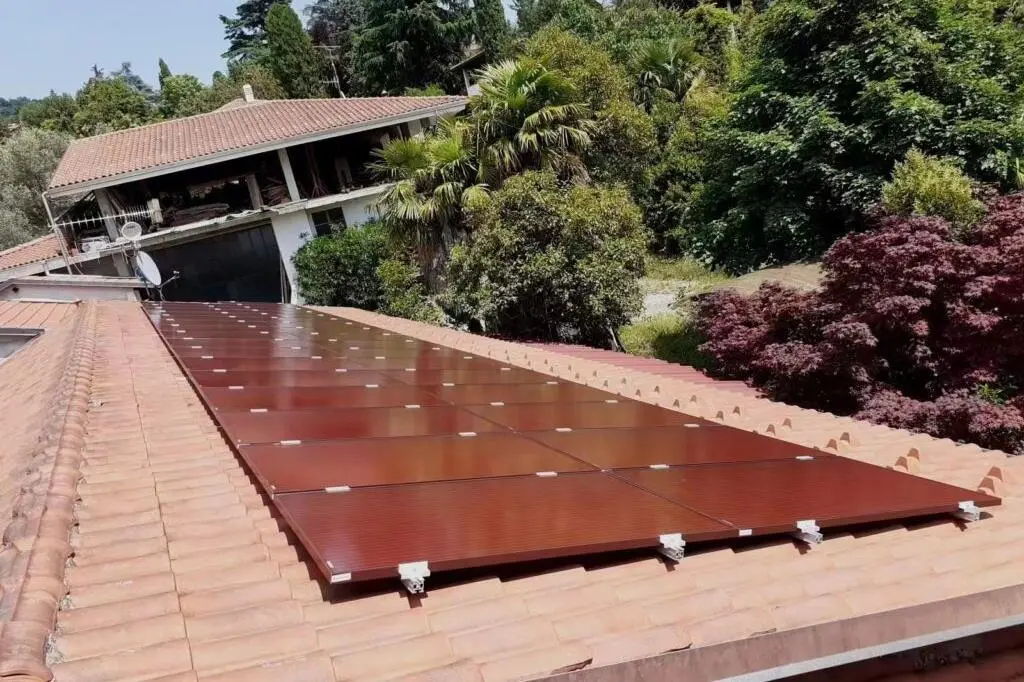
Colorful Solar Panels System Rooftop
Client: Anna, a homeowner passionate about aesthetics in Germany
Client’s Needs: A solar energy system that blends seamlessly with her home's colorful architecture.
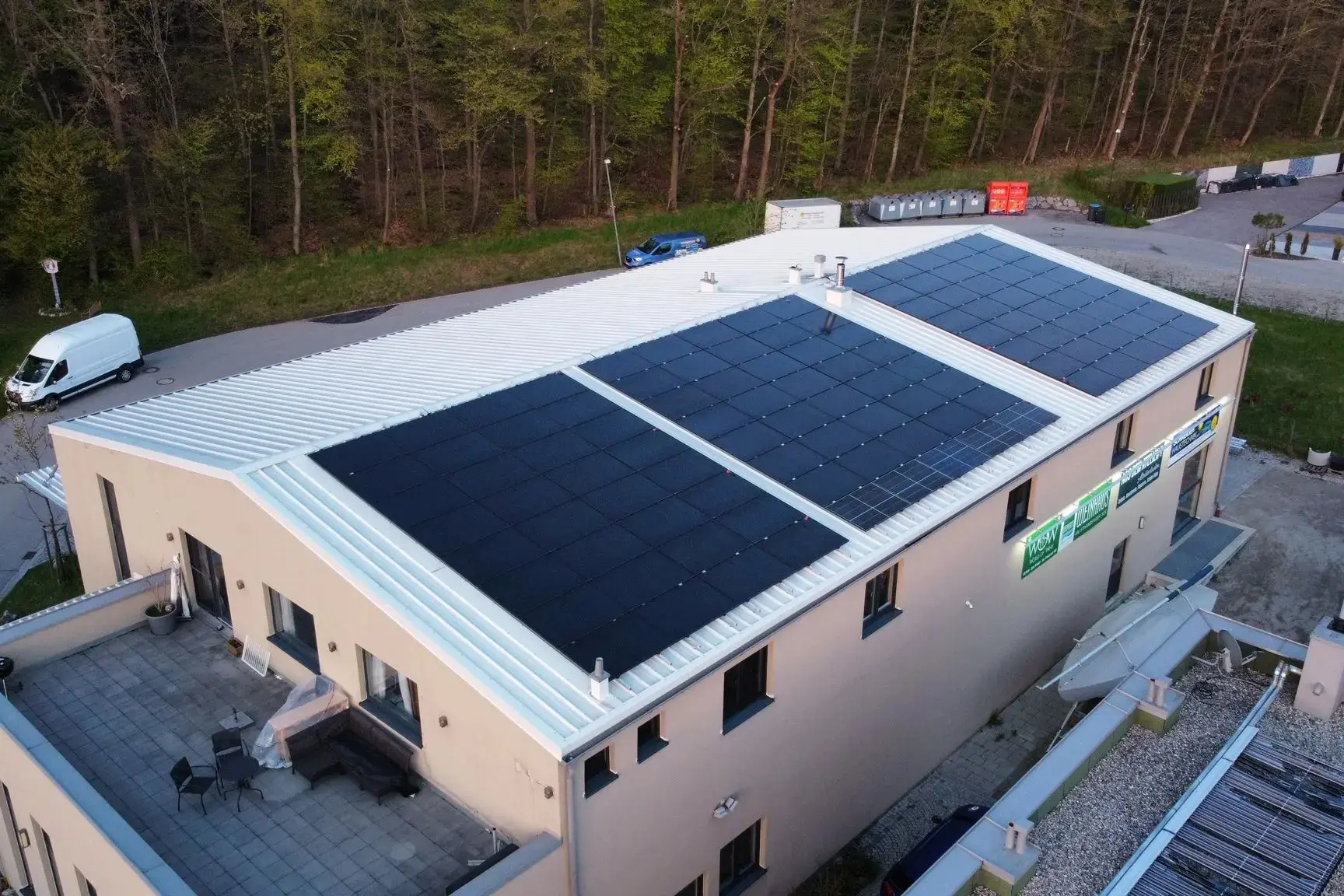
50KW Hybrid Solar Energy System in Germany
Client: Klaus, a German homeowner
Client’s Needs: Energy security and reduced reliance on the grid due to frequent outages.
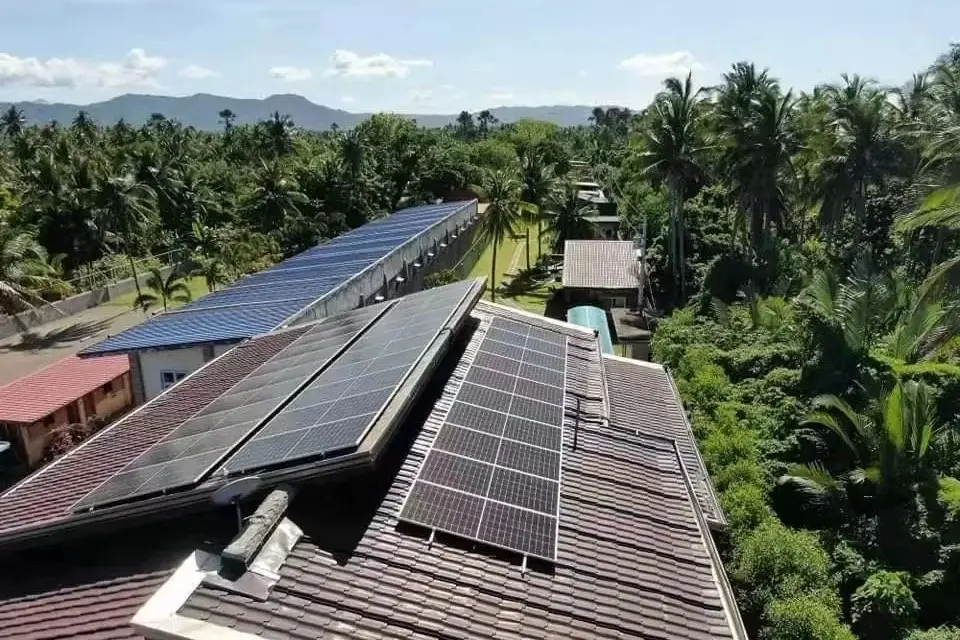
18KW Grid-Connected Solar Energy System in the Philippines
Client: Mario, a homeowner in the Philippines
Client’s Needs: Lower electricity bills and maximize the use of abundant sunlight.
What You Should Know About Residential Solar Energy Systems
Ready to Go Solar ?
Partner with MH Energy for a reliable, customized residential solar energy system. Let us help you reduce energy costs, increase your home’s value, and contribute to a greener, more sustainable future. Contact us today for your free consultation!


